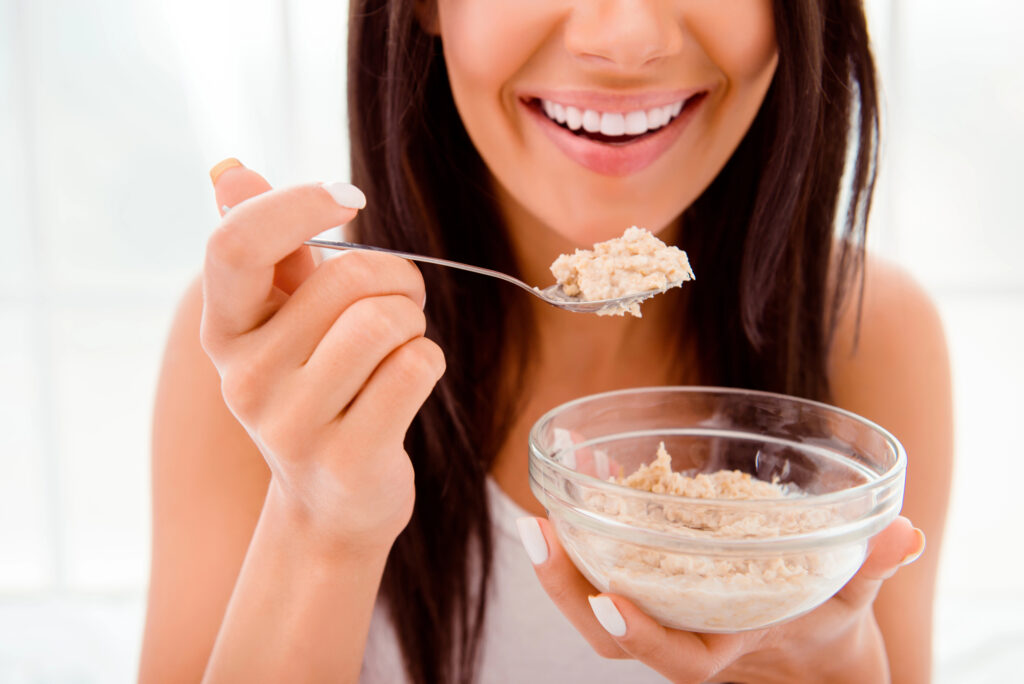What’s The Best Way to Floss
We all know we should floss, but it can be tough. Part of this is because flossing can feel like an extra task in an already busy day, but it...

Most of us brush our teeth before visiting the dentist, but what else should (or shouldn’t) we do before an appointment? What about eating? Should you or shouldn’t you?
This is a common question we know patients have, but they don’t always think to ask. The answer? It depends. In most cases, yes, you can have a light meal or snack before visiting the dentist. However, there are some instances where it’s best to avoid eating prior to your appointment.
For a routine dental checkup and cleaning, it’s generally fine to eat before your visit. These appointments don’t typically involve any procedures that would be impacted by you having food in your stomach.
In fact, there may be benefits to a small meal or snack prior to your visit. If your appointment is around mealtime, having a light snack beforehand can help prevent you from feeling hungry or lightheaded while in the dental chair. Going into a dental appointment on an empty stomach can make you feel faint or uncomfortable, particularly if you’re undergoing a long procedure. And, if you are receiving local anesthetic, the numbing effect might make you averse to eating for a time after your appointment.
However, it’s important to make sure that whatever you eat won’t negatively affect your dental visit. Stick to foods that are easy to brush away and won’t leave particles stuck in your teeth. Avoid anything too sugary, sticky, or crunchy right before your visit.
Here are some general guidelines on what to eat:
There are some dental procedures and circumstances where you may want to avoid eating for a period of time before your appointment:
So, can you eat before your dentist appointment? Most of the time, the answer is yes. Just be mindful of what you eat, brush afterward, and follow any specific instructions from your dentist for more complex procedures.
When in doubt about whether you should eat, never hesitate to call our office and ask. Every procedure is different, and we can advise you based on your situation and health history.